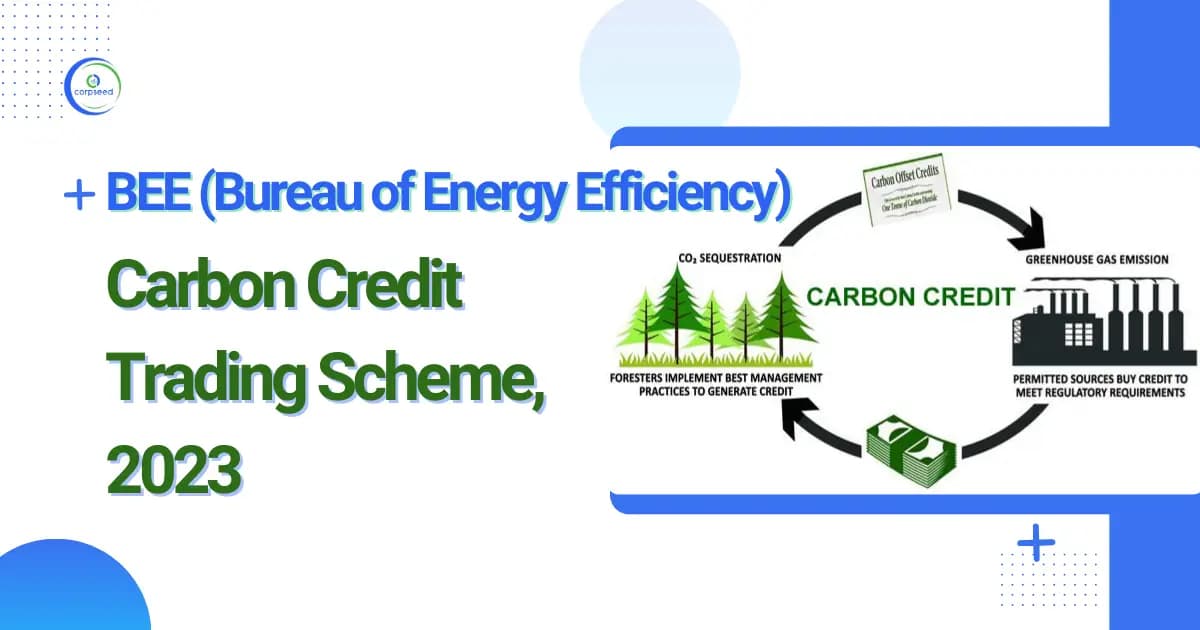
Loading...

India's dedication to reducing climate change and promoting a more sustainable and environmentally friendly future is demonstrated by the BEE Carbon Credit Trading Scheme.
About the Author

A content writer with a degree in B.A LL.B. (Hons.) and LL.M. (Constitutional and Administrative Law) from NLIU, Bhopal. Apart from content writing, she is an avid reader, poet, and painter.
Related articles

Ministry of Power and BEE Set New Energy Efficiency Standards for Grid-Connected Solar Inverters
2025-11-14

Energy Conservation (Compliance Enforcement) Rules 2025: Key Provisions, Process, and Penalties
2025-10-31

Energy Efficiency Compliance Services in India
2025-05-30
.webp&w=1536&q=75)
The Role of NABL Accredited Labs in BEE Registration
2025-04-28

Unlocking Benefits of BEE Registration: Fees, Process, and Essential Details
2025-04-24

Step by Step Guide to BEE Registration for Manufacturers
2025-04-23